Girls in South Sudan should not be regarded as beasts of burden and sources of income
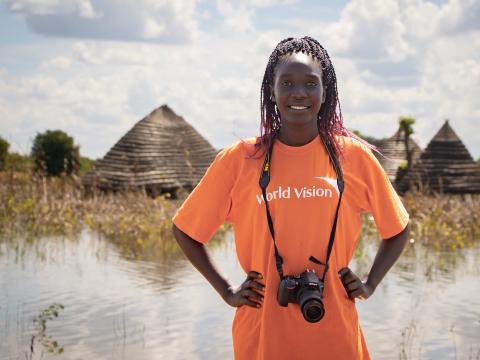
I could safely say South Sudanese girls and women are among the most resilient in the planet.
They, and that includes me, went through toughest challenges. The implementation of the Revitalized Agreement on the Resolution of the Conflict in the Republic of South Sudan brought relative peace to the country.
This development gave many of us a ray of hope that things will change for girls and women. Since time immemorial, education in South Sudan was only for boys and men. Women and girls are usually looked down as sources of income, through dowries and small-scale livelihood.
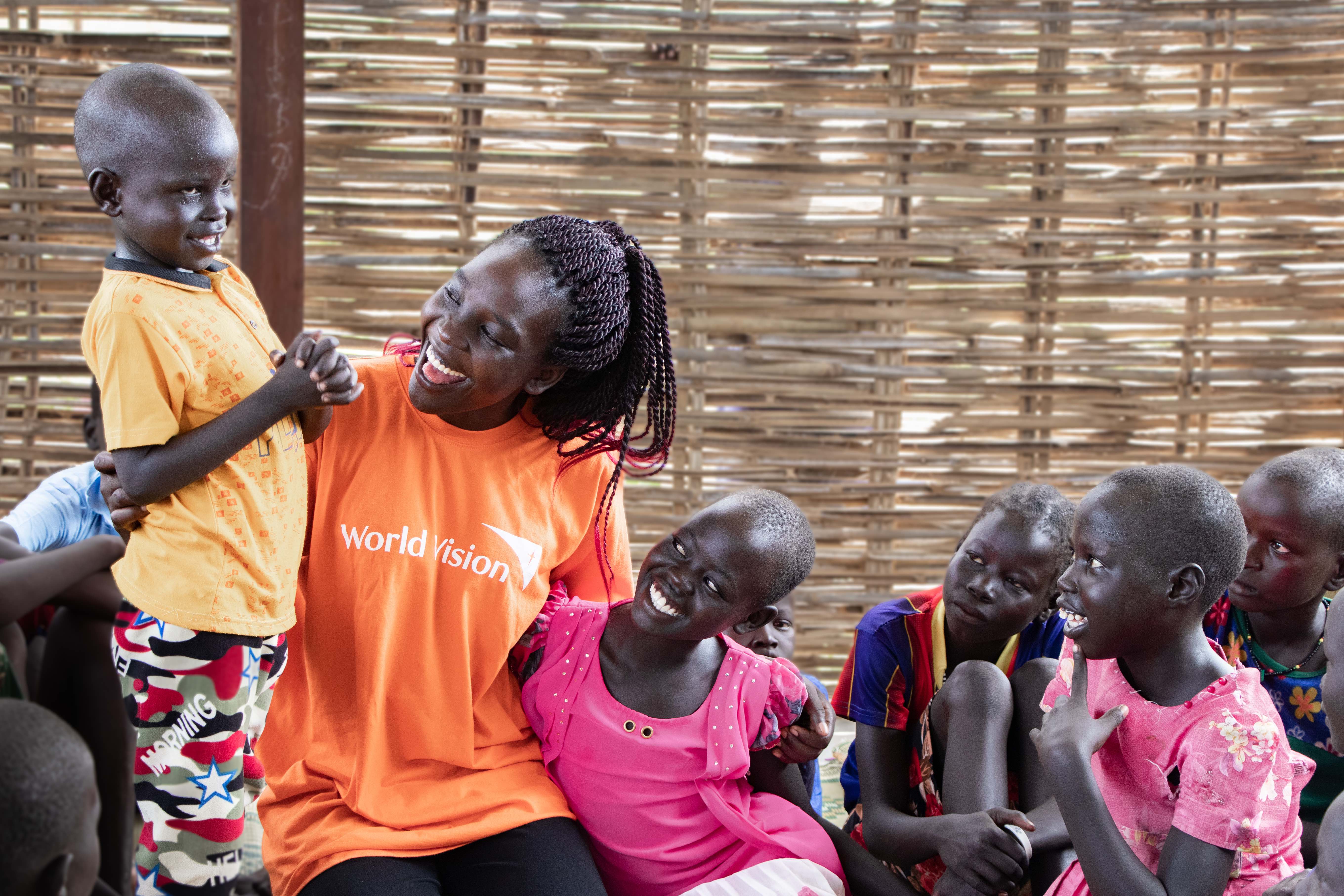
At home, we are viewed as secondary citizens. I was born and grew up as a refugee in Uganda. But my parents were different. In our community, most parents sent their children to school regardless of gender.
Having the support of the family and the community enabled us achieve to pursue dreams despite the odds. With education, the path is much clearer and brighter. It was a different scenario for many back in South Sudan. The boys were sent to schools while the girls cooked, hauled water and watched over their siblings.
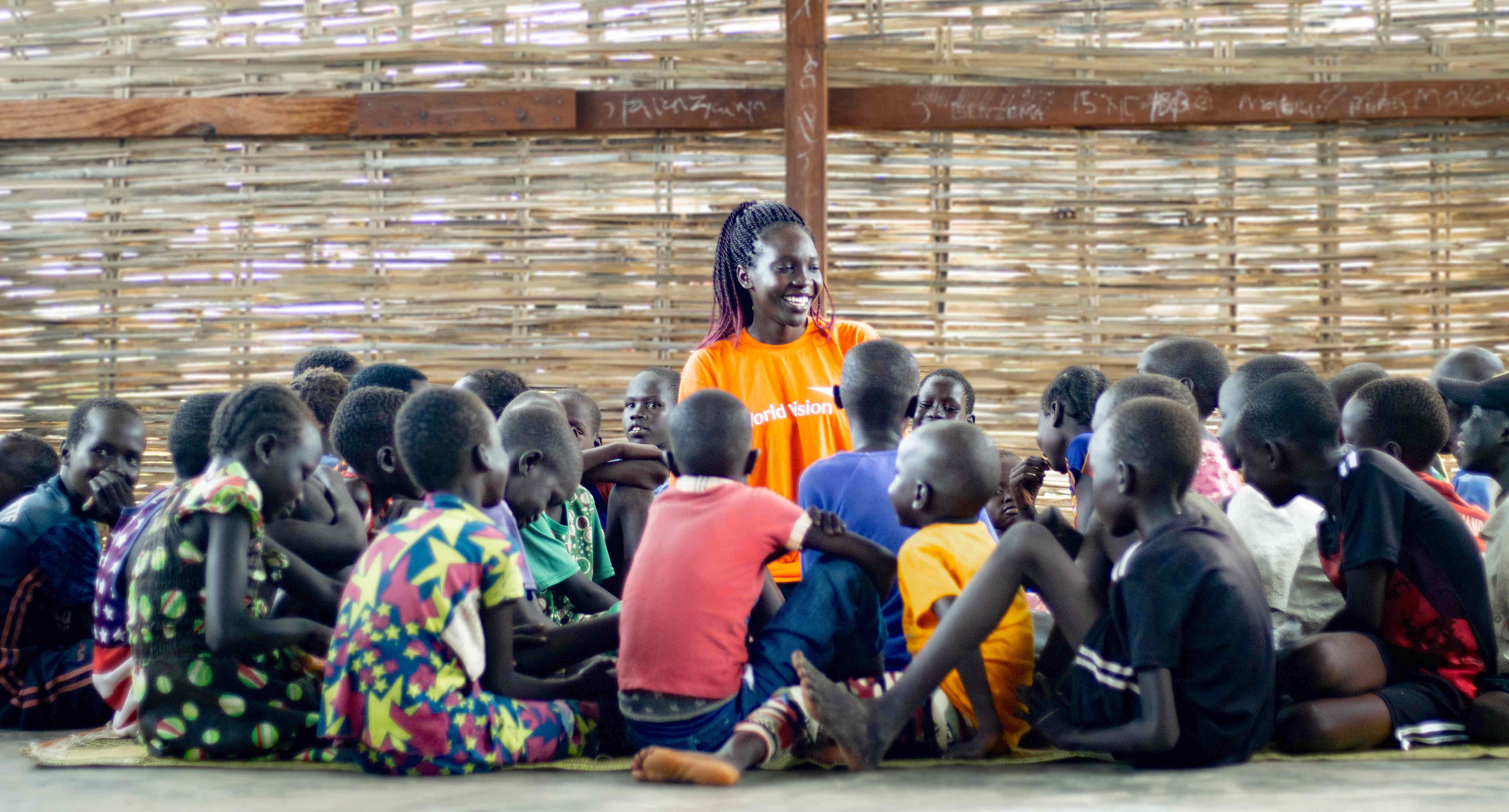
My siblings and I faced challenges like uniforms we cannot afford, walking long distances to school and malicious advances from other students and men around us. But our parents persisted so we can become who we are today.
Have you ever wondered why we have few women in our country who are educated? UNICEF reported that South Sudan has proportionately fewer girls going to school than any country in the world.
Have you ever wondered why we have few women in our country who are educated? UNICEF shared that South Sudan has proportionately fewer girls going to school than any country in the world.
The report further stated that fewer than one per cent of girls complete primary education and only one schoolchild in four is a girl. The lack of female teachers – just 7% of the teaching force – reinforces this gender imbalance.
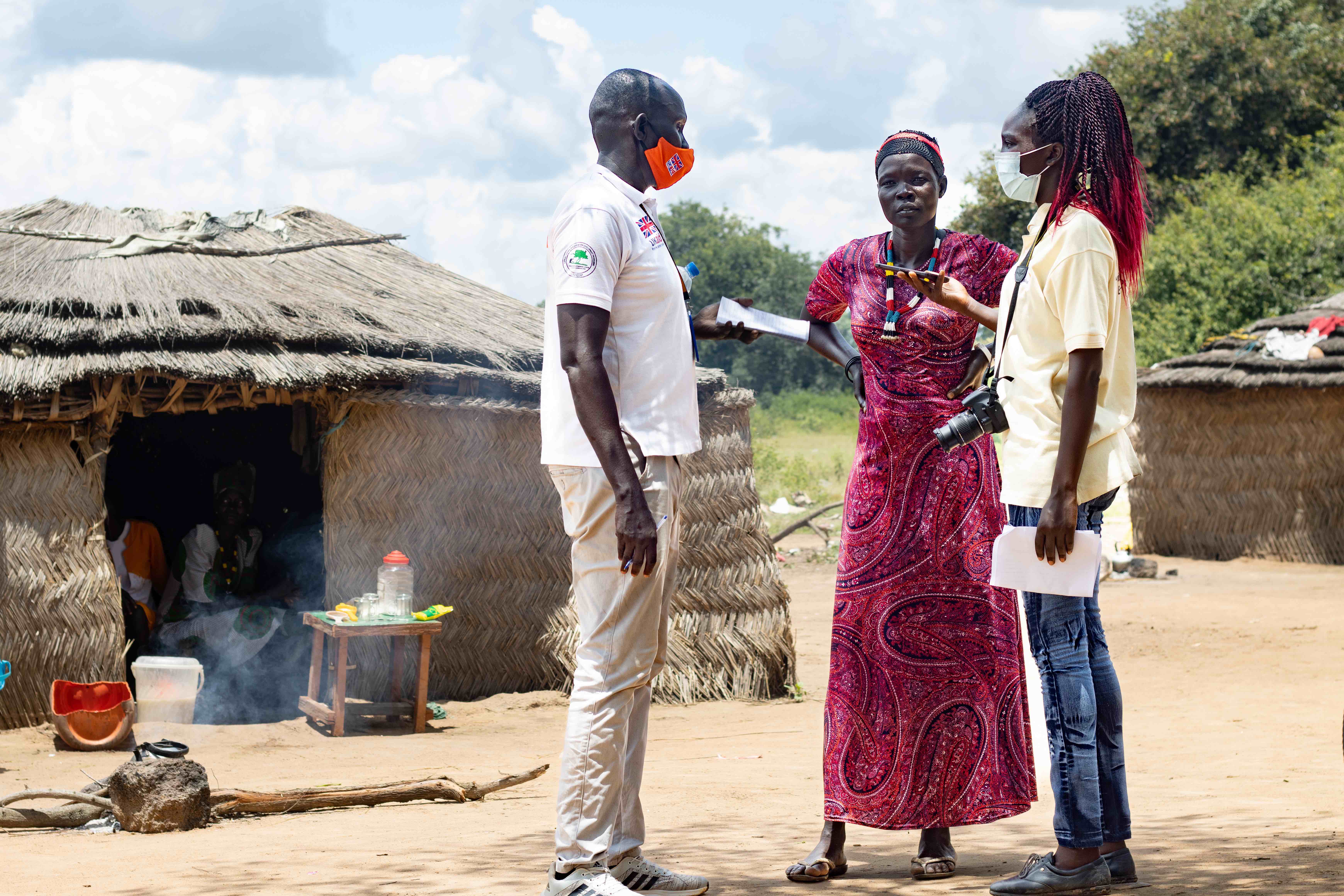
The major challenges for girls in South Sudan are enormous, among them tough issues such as gender inequality, poverty, and early marriage, among others. As a South Sudanese girl who has seen school-going girls married off early and some kept at home to work, I believe that we can only change things when we stand and speak up.
My dream for the South Sudanese girls is to have access to education and be able to learn like other girls in developed countries. We all aspire to be part of every decision making in the family as well as in the community.
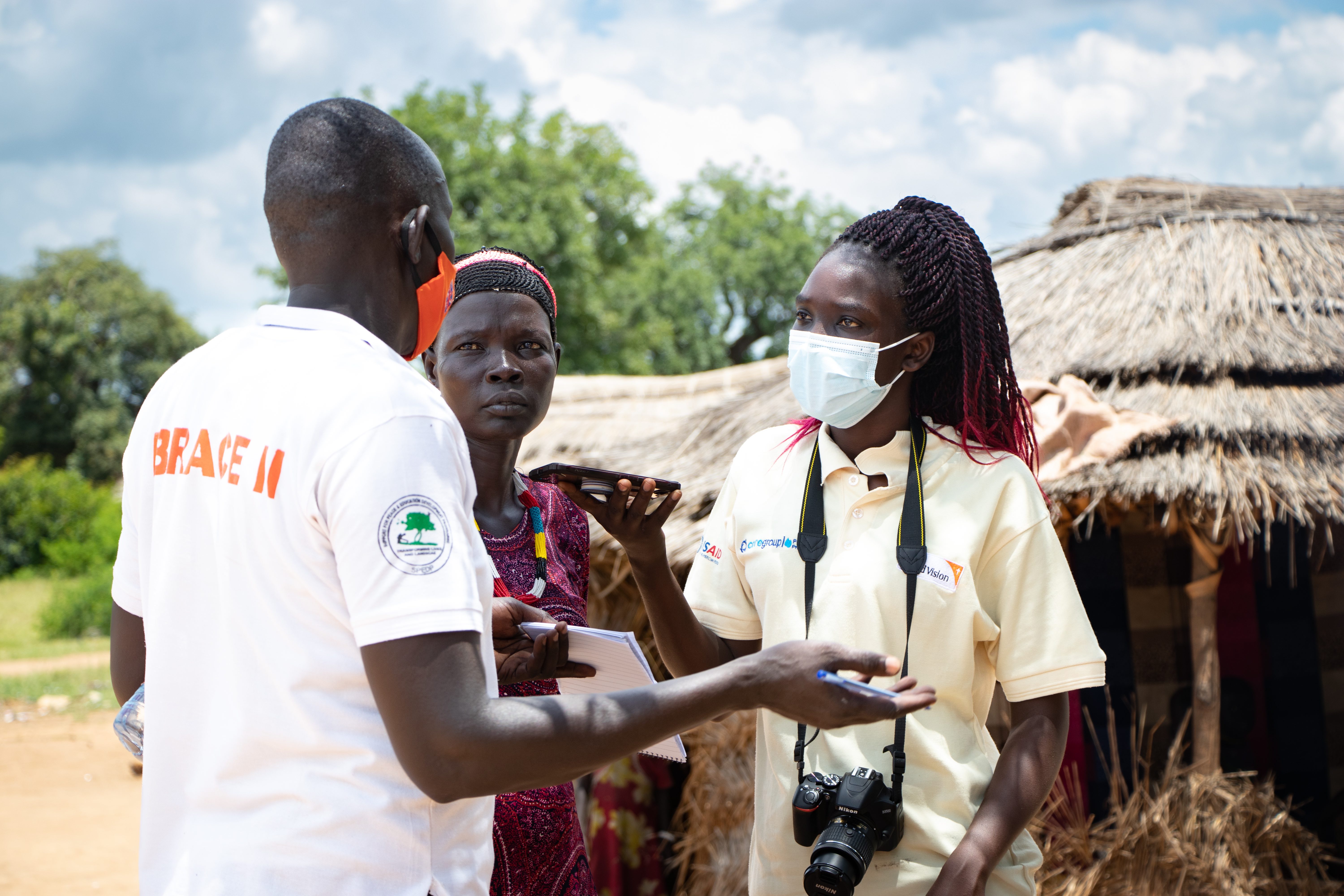
We also want to be heard. Many parents decide for girls without even asking for their opinions. For those who left their families to follow what they want have been disowned for asserting their rights.
We need to stand together, with the support of leaders from all sectors, so every girl in South Sudan will be educated, empowered and enjoy a life of fullness.
By Jemima Tumalu, Communications Officer I Photos by Christopher Lete and Eugene Combo, Consultants